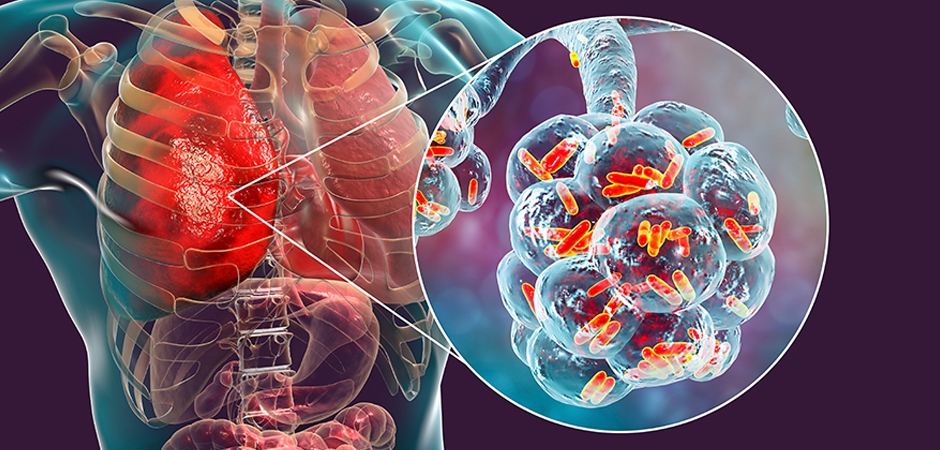Asthma affects 8% of children and adults, or 1 in 13 individuals, making it the most common chronic lung disease and the top reason for missing school and work. At Kamelhar Pulmonology in Manhattan, Dr. David Kamelhar offers individualized asthma care to adults, beginning with a precise evaluation that gets to the root cause of your symptoms. They then provide ongoing medical management that reduces future asthma attacks. If you need exceptional asthma care, call the Midtown East New York City office or book an appointment online today.
Asthma Q & A
What is asthma?
Asthma is an inflammatory condition of the bronchial tubes that is most often not curable — but it is controllable with a proactive treatment plan. When you have asthma, ongoing inflammation makes your bronchial tubes or airways irritable or hypersensitive. As a result, they react to a variety of irritants and trigger a reaction that most often results some combination of cough, wheeze, shortness of breath, and chest tightness.
Your bronchial tubes may be temporarily “asthmatic” during or after a respiratory infection and go back to their healthy state as the infection heals.
During an asthma attack, you have a hard time breathing as the airways produce excessive mucus that clogs the airways. Additionally, the muscles lining the airways swell and constrict, further narrowing the airway opening.
While most individuals with asthma experience occasional attacks, the frequency and severity of your attacks can vary.
Diagnosing Asthma
There is a famous quote made by Chevalier Jackson in the Boston Medical Quarterly in 1865, “All that wheezes is not asthma”. There are other conditions that can mimic asthma, including sarcoidosis, COPD, bronchiectasis, aspiration, or on occasion, even lung cancer and others, all of which may present as wheezing. An accurate diagnosis is the first step.
A carefully obtained history, physical examination, a breathing test, or pulmonary function test will be done at Kamelhar Pulmonology to assure that the diagnosis of asthma is accurate.
What symptoms develop due to asthma?
Your symptoms appear when you have an asthma flare-up. Then you experience any of the following:
- Chest pain or tightness
- Shortness of breath
- Wheezing
- Cough (that night) Difficulty sleeping
- Tiredness or irritability
- Fatigue or weakness when exercising
Cold and allergy symptoms include sneezing, runny nose, nasal congestion, sore throat, and headache may affect your asthma.
What triggers asthma?
Exposure to allergens including pets, dust mites, mold and pollenmay trigger asthma attacks, but there are many additional irritants that can affect your airways, including:
- Exercise
- Cold air
- Pollution
- Odors or fragrances
- Stress
- Second-hand tobacco smoke
- Respiratory infections (common cold or flu)
- Red wine or sulfites
- Aspirin and non-steroidal anti-inflammatory drugs (NSAID’s)
If the symptoms only occur during physical activity, that condition is called exercise-induced bronchospasm.
Asthma may be diagnosed in childhood, improving as a person matures. It may return later in life at any age, or it may develop for the first time as an adult.
How is asthma treated?
Your physician at Kamelhar Pulmonology will review your symptoms and completes a respiratory examination. You may then undergo pulmonary function testing which includes spirometry, evaluation of lung volumes, and airway resistance to help diagnose asthma.
Their treatment goal is to manage your symptoms, reduce the need for medicines, and prevent recurrent attacks. With careful treatment, they can restore optimal lung function and help you maintain your normal activity levels. Additional consideration to preventing damage to your bronchial tubes in the future will also be discussed.
Identifying asthma triggers
Your physician will work closely with you to determine your specific asthma triggers and plan ways to avoid them or minimize their impact.
Prescribing medication
You receive medications that ease your symptoms with minimal or no side effects. Everyone with asthma needs a quick-relief medication they inhale when an asthma attack begins. The medicine restores breathing by rapidly opening your airways.
Some patients may also need daily maintenance medications, or controller medications, that prevent or diminish the severity of future asthma flare-ups.
Over the last 5-7 years, a new class of biologic medications has been developed which help control airway inflammation in asthma patients. These include Xolair, Nucala, Cinqair, Fasenra, Dupixent, and most recently, Tezspire. These are particularly effective in patients with eosinophil-related asthma and other forms of immune-mediated asthma.
Dr. Kamelhar offers these cutting-edge therapies to their patients. We have experience in finding which medication is appropriate for you and arranging for it to be approved through your insurance.
Managing special situations
Your physician will adjust your treatment as needed to allow you to stay active. They also provide specialized asthma management during pregnancy and help you prepare for any surgical procedure.
If you or your loved one have symptoms of asthma, don’t wait to seek medical care. Call Kamelhar Pulmonology or book an appointment online today.







